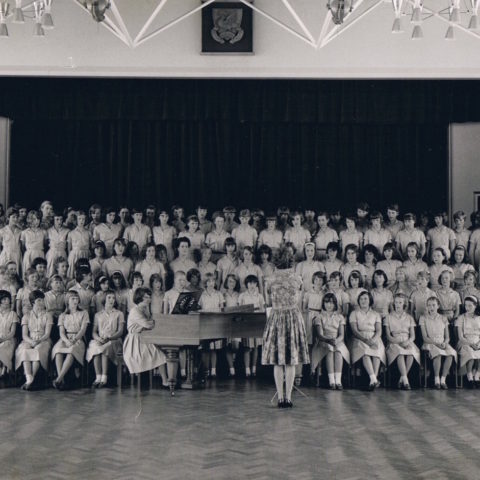This chapter in The Transnational in the History of Education: Concepts and Perspectives explores temporalities in the historical and comparative approaches underpinning the 1933 comparative account of girls’ education in England, Germany, France, America, and Japan that Yoshi Kasuya, a teacher from Tsuda College, Japan, produced for her doctorate at Teachers College Columbia, where she was supervised by Isaac Kandel, professor of comparative education, and Willystine Goodsell, assistant professor of history and philosophy, whose specialism was the education of women. Yoshi’s study configured a complex cultural model of modern Japanese womanhood, and an associated educational programme, that entangled Japanese elements with facets of Western womanhood that she encountered during her periods of research in Germany, England and the US. To explore the temporalities that thread through Yoshi’s study, the first part of the chapter examines times of diachronic comparison and temporalities of adaptation; the second section focuses on times of the nation and temporalities of awakening; and the third looks at times of vernacular cosmopolitanism and temporalities of becoming. The conclusion argues that attention to multiple temporalities in Yoshi’s account points to the entanglement of the transnational with the international and the national.
Joyce Goodman, Temporalities and the Transnational: Yoshi Kasuya’s Consideration of Secondary Education for Girls in Japan (1933), in The Transnational in History of Education: Concepts and Perspectives, edited by Eckhardt Fuchs and Eugenie Roldan Vera (Palsgrave, 2019), 201-229
